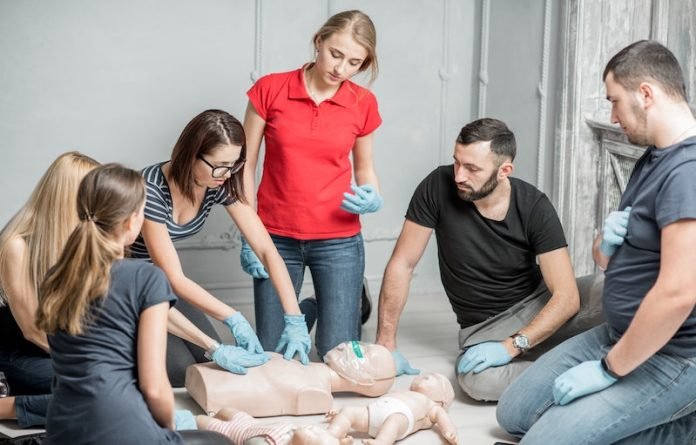
When patients receive care after cardiac arrest, doctors can now—by entering patient data in a web-based app—find out how thousands of similar patients have fared.
In a study from the University of Gothenburg, scientists have developed three such systems of decision support for cardiac arrest that may, in the future, make a major difference to doctors’ work.
One of these decision support tools (SCARS-1), now published, is downloadable free of charge from the Gothenburg Cardiac Arrest Machine Learning Studies website.
However, results from the algorithm must be interpreted by people with the right skills.
AI-based decision support is expanding strongly in many areas of health care, and extensive discussions are underway on how care services and patients alike can benefit the most from it.
The app accesses data from the Swedish Cardiopulmonary Resuscitation Register on tens of thousands of patient cases.
The researchers have used an advanced form of machine learning to teach clinical prediction models to recognize various factors that have affected previous outcomes.
The algorithms take into account numerous factors that relate, for example, to the cardiac arrest, treatment provided, previous ill health, medication and socioeconomic status.
The team says it will be a few years before official recommendations for cardiac arrest are likely to include AI-based decision support, but doctors are free to use these prediction models and other new, evidence-based methods.
To date, the research group has published two decision support tools. One clinical prediction model is known as SCARS-1.
This model indicates whether a new patient case resembles other previous cases, where patients had survived or died 30 days after their cardiac arrest.
The model’s accuracy is unusually high. Based on the ten most significant factors alone, the model has a sensitivity of 95% and a specificity of 89%.
The team says this decision support is one of several pieces in a big puzzle: the doctor’s overall assessment of a patient.
They hope to succeed in developing this prediction model, so as to enhance its precision.
If you care about heart health, please read studies about how eating eggs can help reduce heart disease risk, and Vitamin K2 could help reduce heart disease risk.
For more information about heart health, please see recent studies about artificial sweeteners linked to higher risk of heart disease, and results showing this drug could reduce heart disease, fatty liver and obesity.
The study was conducted by Araz Rawshani et al and published in eBioMedicine.
Copyright © 2023 Knowridge Science Report. All rights reserved.



